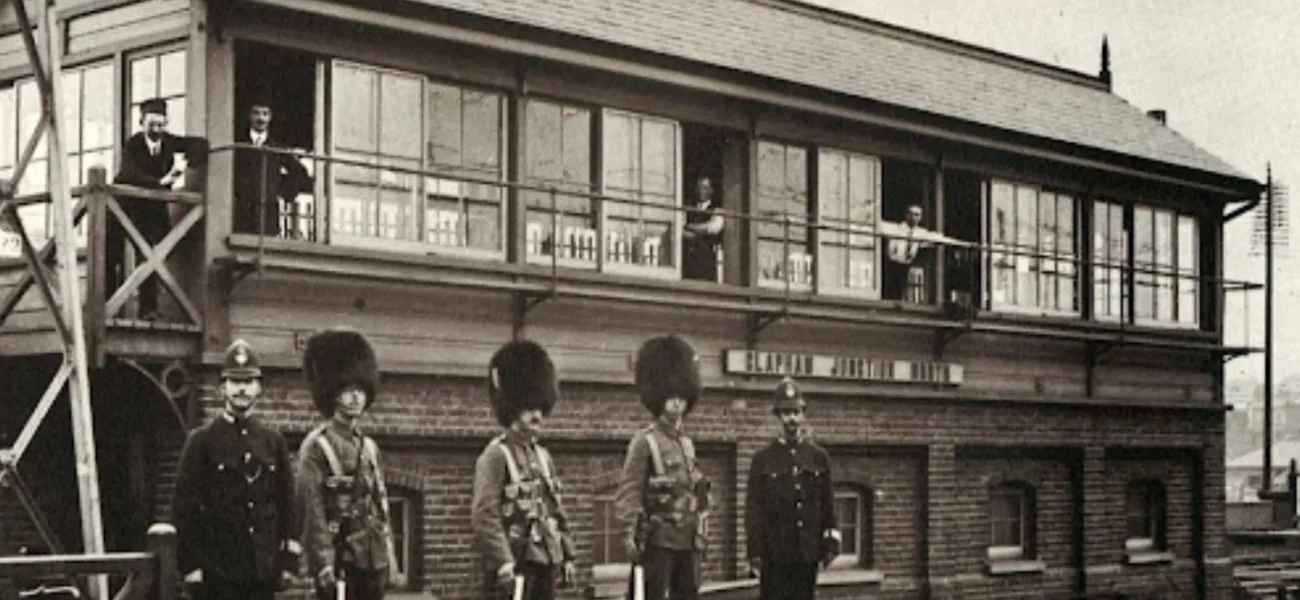The year 1911 witnessed a pivotal event in the annals of labor history—the Liverpool General Transport Strike. This seminal event, fueled by grievances among workers in the transport sector, reverberated far beyond the confines of Liverpool, shaping the trajectory of labor movements and worker rights advocacy. In this comprehensive exploration, we delve into the background, causes, key players, events, impact, and legacy of the 1911 Liverpool General Transport Strike, shedding light on its enduring significance.
Background of the Strike
The early 20th century was a period marked by rapid industrialization, urbanization, and socioeconomic disparities. Workers in various industries, including transportation, often toiled under harsh conditions, with long hours, low wages, and minimal job security. In Liverpool, a bustling port city and industrial hub, discontent simmered among transport workers, exacerbated by rising living costs and stagnant wages. The stage was set for a confrontation that would galvanize the labor movement.
Causes of the Strike
The roots of the Liverpool General Transport Strike lay in systemic issues plaguing the transport sector. Workers, comprising tramway staff, dockers, and carters, faced exploitative working conditions and inadequate remuneration. Additionally, the emergence of labor unions and socialist ideologies provided a platform for collective action and advocacy for worker rights. As discontent simmered among transport workers, demands for improved wages, reduced working hours, and recognition of union representation gained momentum, ultimately precipitating the strike.
Key Players and Organizations
Central to the organization and execution of the Liverpool General Transport Strike were key individuals and organizations committed to the cause of workers’ rights. Trade unions such as the Transport and General Workers’ Union (TGWU) played a pivotal role in mobilizing workers and negotiating with employers. Notable figures like James Sexton, a prominent trade union leader, emerged as vocal advocates for the rights and welfare of transport workers, rallying support and solidarity across the labor movement.
Events Leading to the Strike
In the months preceding the strike, tensions escalated as negotiations between labor representatives and employers reached an impasse. Despite efforts to address grievances through arbitration and mediation, the failure to secure meaningful concessions fueled discontent among workers, culminating in a decision to initiate industrial action. On the eve of the strike, anticipation and apprehension gripped the city, as workers prepared to assert their demands through collective action.
Impact on Cardiff General Transport
While the epicenter of the strike was Liverpool, its impact reverberated throughout the United Kingdom, including in cities like Cardiff. The solidarity shown by workers across different regions underscored the interconnectedness of labor struggles and the potency of collective action. In Cardiff, the echoes of the Liverpool General Transport Strike resonated within the transport sector, spurring discussions on worker rights, union recognition, and the need for equitable labor practices.
Legacy of the Strike
The legacy of the Liverpool General Transport Strike transcends its immediate outcomes, leaving an indelible mark on the landscape of labor relations. The strike served as a catalyst for legislative reforms, prompting policymakers to enact measures aimed at improving working conditions, enhancing worker protections, and recognizing the rights of labor unions. Moreover, the solidarity and resilience demonstrated by workers during the strike inspired subsequent generations of activists and advocates, shaping the evolution of labor movements worldwide.
Lessons Learned
Reflecting on the Liverpool General Transport Strike of 1911 offers valuable insights into the enduring struggle for social justice and worker empowerment. The strike cardiff general transport underscores the importance of collective action, solidarity, and perseverance in challenging entrenched power structures and advancing the cause of labor rights. Moreover, it serves as a reminder of the ongoing struggle for fair wages, dignified working conditions, and equitable treatment for workers across industries and geographies.
Honoring a Historic Struggle
As we commemorate the centenary of the Liverpool General Transport Strike, we pay tribute to the countless men and women who courageously stood in solidarity to demand justice and dignity in the workplace. Their sacrifice and resolve serve as a beacon for future generations, reminding us of the transformative power of collective action and the imperative of upholding the rights and dignity of all workers. In honoring their legacy, we reaffirm our commitment to building a more just, equitable, and inclusive society for all.




